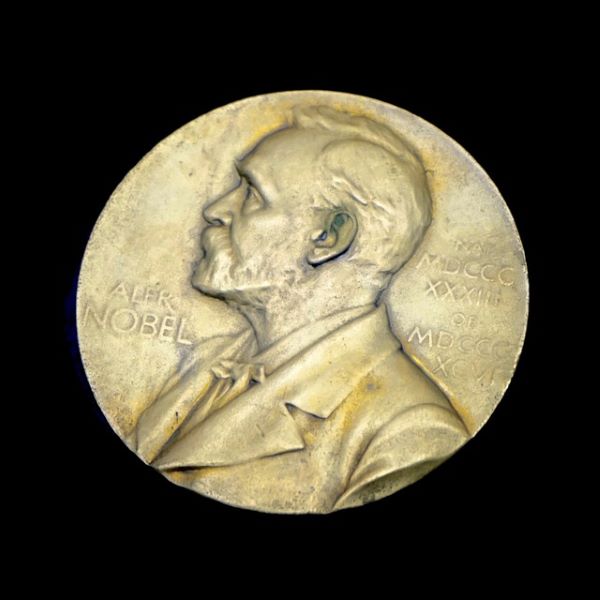Svante Pääbo was awarded the 2022 Nobel Prize in Physiology or Medicine for his pioneering work in sequencing the genomes of extinct hominins, including Neanderthals and Denisovans. His discoveries have provided profound insights into human evolution, genetic diversity, and our ancient ancestors.
Also, read: Now Know The Nobel Prize in Physiology or Medicine 2023: Katalin Karikó and Drew Weissman
The Discovery: Genomic Insights into Extinct Hominins
Svante Pääbo, a Swedish geneticist, made groundbreaking advancements in paleogenomics, the study of ancient DNA. Using innovative methods, Pääbo successfully extracted and sequenced DNA from ancient bones, which had previously been thought impossible due to degradation over millennia.
Key Discoveries:
- Neanderthal Genome Sequencing (2010)
Pääbo’s team sequenced the Neanderthal genome, revealing their genetic relationship to modern humans. - Denisovan Discovery (2010)
Pääbo identified a previously unknown hominin group, the Denisovans, from DNA extracted from a finger bone found in Siberia. - Interbreeding Evidence
His research demonstrated that modern humans interbred with Neanderthals and Denisovans, leaving traces of their DNA in present-day populations. (Source)
Role and Contributions
Svante Pääbo
As a pioneer in paleogenetics, Pääbo’s innovative techniques have unlocked the genetic secrets of ancient hominins. His work at the Max Planck Institute for Evolutionary Anthropology has transformed the field of evolutionary biology. (Source)
Significance and Potential Impact
- Understanding Human Evolution
Pääbo’s discoveries provide a detailed picture of how modern humans evolved and interacted with extinct hominins. - Health and Disease
Ancient DNA research has linked Neanderthal genes to traits in modern humans, such as immunity and susceptibility to certain diseases, including COVID-19. - Global Diversity
The interbreeding evidence helps explain genetic variations among populations worldwide. - Advancing DNA Techniques
Pääbo’s methods have enhanced DNA analysis, benefiting archaeology, anthropology, and even forensic science.
Global Recognition
Pääbo’s work has reshaped our understanding of human ancestry, offering a clearer view of how Homo sapiens spread globally, interacted with other species, and adapted to diverse environments.
Legacy and Future Prospects
Svante Pääbo’s discoveries highlight the interconnectedness of all human beings. By tracing our genetic roots, his work emphasizes the shared history of humanity and its ancient relatives. Future applications of his methods may uncover even more about our evolutionary journey and ancient migrations.
Conclusion
The 2022 Nobel Prize in Physiology or Medicine awarded to Svante Pääbo honors a transformative achievement in science. His work on the genomes of extinct hominins has not only illuminated the story of human evolution but also provided insights into the genetic underpinnings of modern humans. This groundbreaking research continues to inspire and advance the fields of genetics, anthropology, and evolutionary biology.





